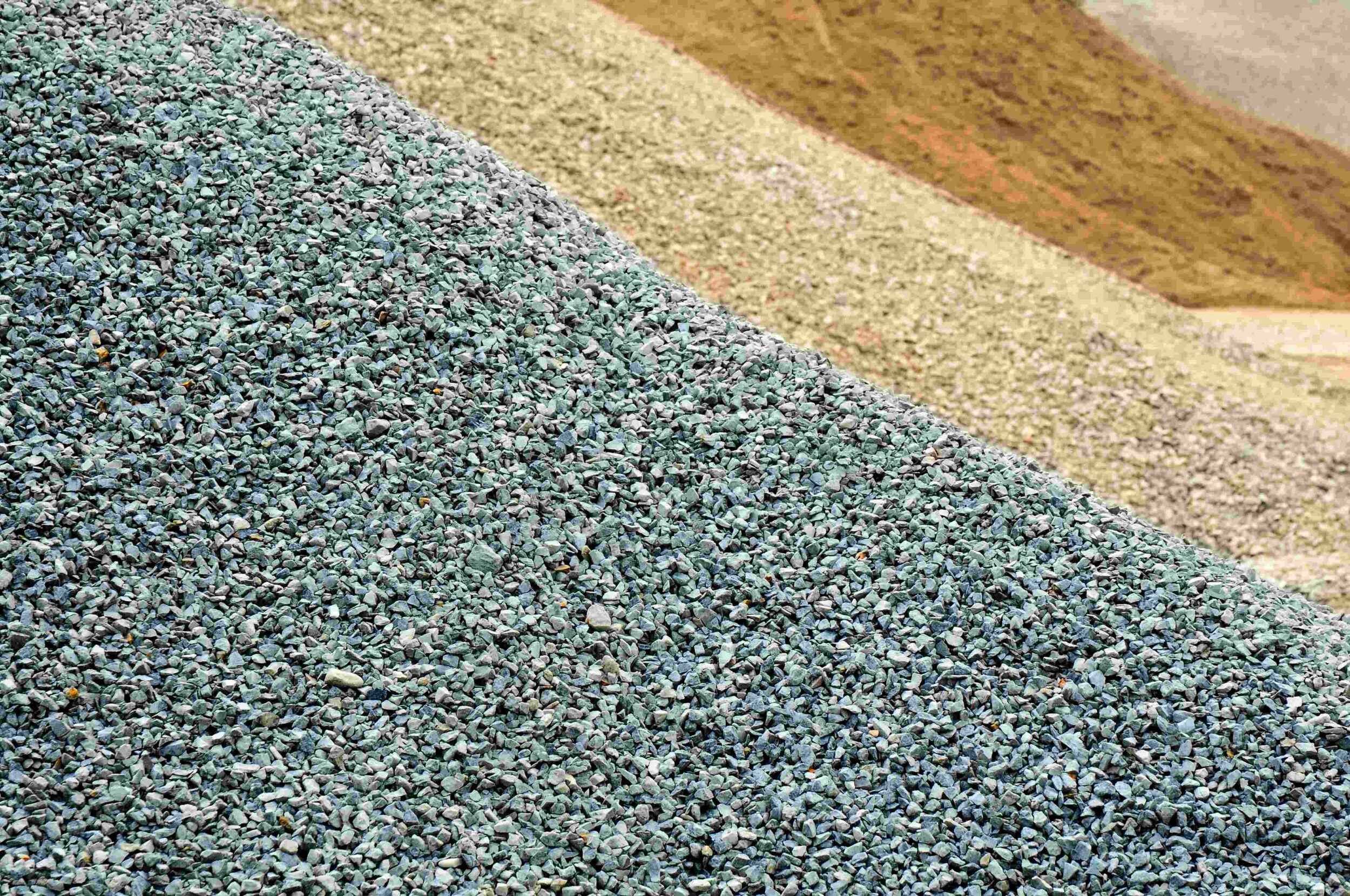
In the world of construction, the quality of materials used can make or break a project’s success. Among the fundamental materials that form the bedrock of jobs in construction, sand and gravel play a pivotal role. However, what often goes underappreciated is how the quality of these materials directly influences the durability of the structures we build. In this blog post, we will explore the intricate relationship between the quality of sand and gravel and the long-term durability of construction projects.
The Foundation of Durability: Sand and Gravel
Before we delve into the impact of quality, let’s understand why sand and gravel are the cornerstones of durability in construction. These materials are chosen for their innate properties that provide structural stability, drainage, and resistance to wear and tear. However, not all sand and gravel are created equal, and their quality can vary significantly.
Quality Matters: Why It Makes a Difference
1. Strength and Load-Bearing Capacity: High-quality sand and gravel possess superior strength characteristics. When used in concrete and asphalt mixtures, they enhance the structural integrity of the material, allowing it to withstand heavy loads and maintain its shape over time. This is especially crucial in construction jobs where structural strength is paramount.
2. Uniformity and Consistency: Quality materials exhibit a consistent particle size distribution and minimal impurities. This uniformity ensures that the construction mixtures are predictable and reliable. Inconsistencies in particle size or impurities can weaken the mixture and compromise its long-term performance.
3. Drainage and Erosion Control: Quality gravel’s well-graded nature allows for efficient drainage, preventing water from pooling or accumulating on the surface. Effective drainage is vital for preserving the integrity of roads, foundations, and other structures, particularly in regions with heavy rainfall or seasonal changes.
4. Resistance to Abrasion: High-quality sand and gravel have enhanced abrasion resistance. In applications like road construction, where materials are subjected to constant wear from traffic, quality aggregates ensure the road’s longevity and minimize maintenance requirements.
5. Chemical Stability: The presence of certain minerals in sand and gravel can affect the durability of construction materials. Quality control measures help identify and mitigate any harmful chemical interactions that may weaken the final product.
How Quality is Assured: Testing and Certification
Ensuring the quality of sand and gravel used for jobs in construction is a meticulous process. Quarry operators and suppliers employ various testing and certification methods to guarantee that the materials meet the necessary standards. Some key quality assurance measures include:
1. Particle Size Analysis: This test determines the distribution of particle sizes within the material. A well-graded aggregate with a balanced mix of different sizes contributes to better compaction and stability.
2. Impurity and Contaminant Screening: Sand and gravel are tested for the presence of impurities such as clay, silt, organic matter, and deleterious materials. Excessive impurities can weaken the materials and reduce their durability.
3. Compression and Strength Testing: Samples of sand and gravel are subjected to compression and strength tests to assess their load-bearing capacity and structural integrity.
4. Chemical Analysis: Chemical tests can identify potentially harmful minerals or substances in the aggregates that may affect the durability of construction materials.
5. Certifications: Suppliers often obtain certifications from industry organizations and regulatory bodies, ensuring that their materials meet established quality standards.
Real-World Implications: How Quality Translates into Durability
Now that we understand the significance of quality let’s explore how it translates into real-world durability in various construction applications:
1. Roads and Highways: Quality aggregates in road construction reduce rutting, cracking, and surface wear, extending the lifespan of roads. Well-graded gravel provides excellent drainage, preventing water-related damage and erosion.
2. Buildings and Foundations: High-quality sand and gravel are essential for concrete, ensuring that structures remain stable and free from cracks and deterioration over time. Uniform aggregates reduce the risk of uneven settling or subsidence.
3. Bridges and Infrastructure: The durability of bridges and other critical infrastructure depends on the quality of the materials used. Quality aggregates help maintain the structural integrity of these vital assets.
4. Coastal and Erosion Control: In coastal regions, quality gravel plays a pivotal role in erosion control structures, protecting shorelines and properties from the relentless forces of waves and tides.
5. Water and Wastewater Treatment: High-quality sand is crucial in water and wastewater treatment plants. It ensures efficient filtration, removing impurities and contaminants to produce clean and safe drinking water.
6. Railways: The durability of railway tracks is enhanced by quality ballast materials that provide stability, minimize track movement, and reduce maintenance needs.
7. Building Materials: Quality sand and gravel are integral to manufacturing building materials such as bricks, concrete blocks, and tiles. The consistency and strength of these materials contribute to the durability of the finished structures.
A Sustainable Approach to Quality
In the construction industry, there is a growing emphasis on sustainability. Quality aggregates can contribute to sustainability goals by extending the lifespan of structures and reducing the need for repairs and replacements. Additionally, responsible quarrying practices and recycling efforts are being employed to minimize the environmental impact of sand and gravel extraction.
Kilgore Companies: Your Trusted Source for Quality Aggregates
For those seeking quality aggregates for jobs in construction, Kilgore Companies stands as a trusted source. With a commitment to excellence and a legacy of reliability, we provide top-notch sand and gravel that meet rigorous quality standards. Our materials are not only durable but also sourced responsibly, aligning with sustainable practices.
In conclusion, the quality of sand and gravel is the linchpin of durability in construction. These materials may seem unassuming, but they form the foundation upon which the longevity and resilience of our built environment rest. By prioritizing quality and embracing responsible sourcing practices, we ensure that construction projects stand the test of time, contributing to a more sustainable and durable future. For all things regarding construction, concrete, or asphalt Kilgore Companies has you covered and is here to help answer any questions you may have. Reach out to us today!
